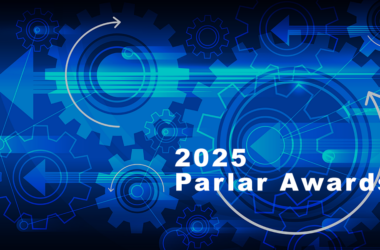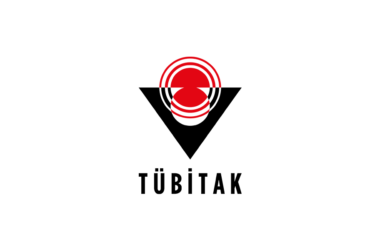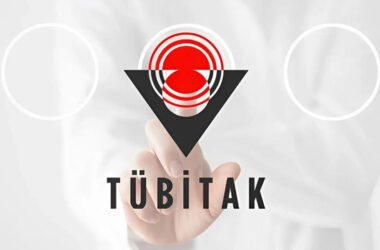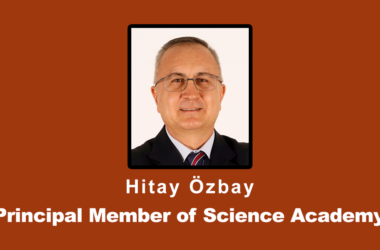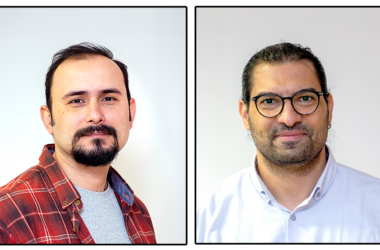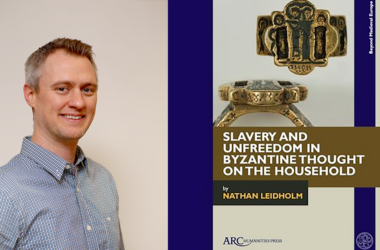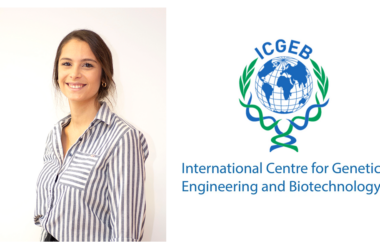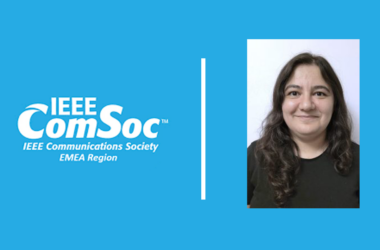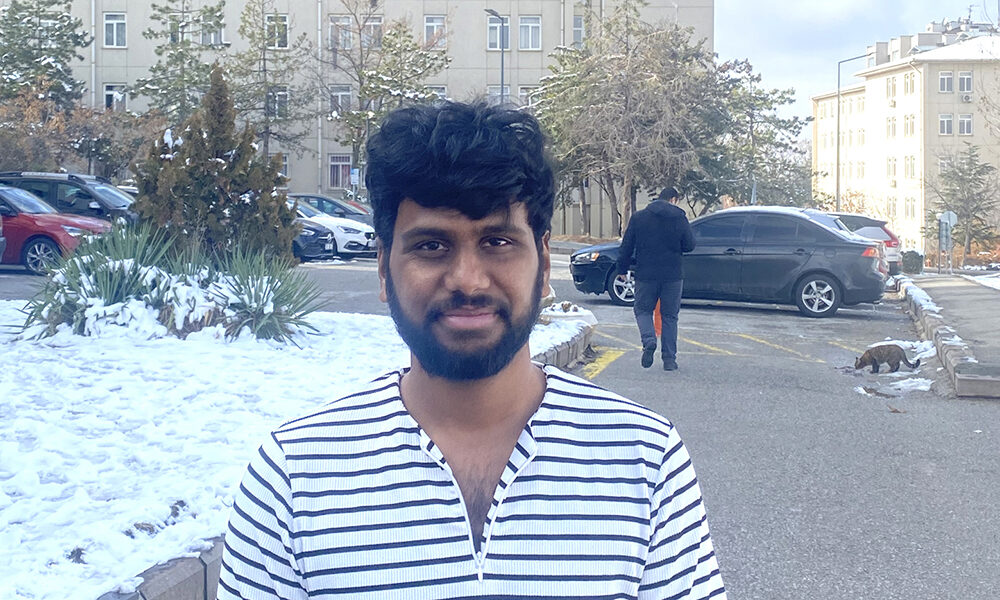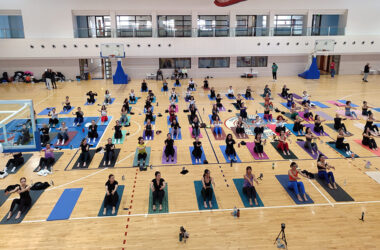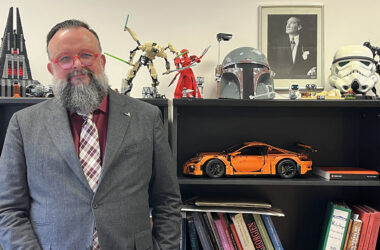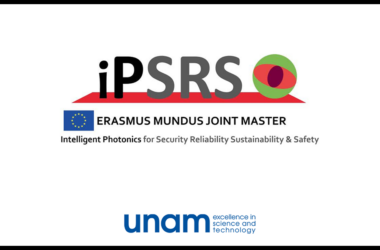BY MAHİR HASSAN MİAN (ECON/III)
Name: Sai Krishna Prem
Department: Architecture
Country of Origin: India
What were your first impressions about Türkiye?
I liked Türkiye. The culture and people are way different than in India. The country is well-developed, and it’s a bit pricey compared to India. The best part is the Turkish delights.
What do you like best about Bilkent and Türkiye?
I love Bilkent. The university infrastructure, teaching and facilities are something that need to be appreciated.
Are there any similarities between Türkiye and your home country?
Yes, there are some similarities. When I listen in classes, they talk about things that are similar in India. For example, the countryside people and their cultural practices are quite similar.
What will you miss most about Bilkent/Türkiye?
I’m going to miss my friends here.
What’s your favorite place on campus, and why?
My favorite places are the football courts and the gym.
What’s your favorite Turkish food and why?
I like baklava a lot. It’s so good.
Where do you expect to see yourself 10 years from now?
I hope to have my own architecture firm in India, with a happy family and a fulfilling life.
What’s one thing you learned from Turkish culture?
Due to my short stay in Türkiye and the fact that I’ve stayed mostly on campus, my exposure to the culture has been limited. However, I love how people greet each other in a very formal and warm way.
What places have you visited in Türkiye, and which one is your favorite?
I’ve visited Alanya, Cappadocia and Ankara. My favorite is Cappadocia. The balloons there are such a rare sight, and the experience is surreal.
What’s an interesting question or comment you hear frequently at Bilkent/in Türkiye?
The most interesting thing people often ask me is, “How do you like Türkiye?” And they often say they love Indian food.
Describe yourself in three words.
Friendly, funny, extrovert.
How is the studying experience at Bilkent?
The studying experience is absolutely wonderful. Compared to my studies in India, the courses here include real-world applications through workshops that help us understand the context much better.
